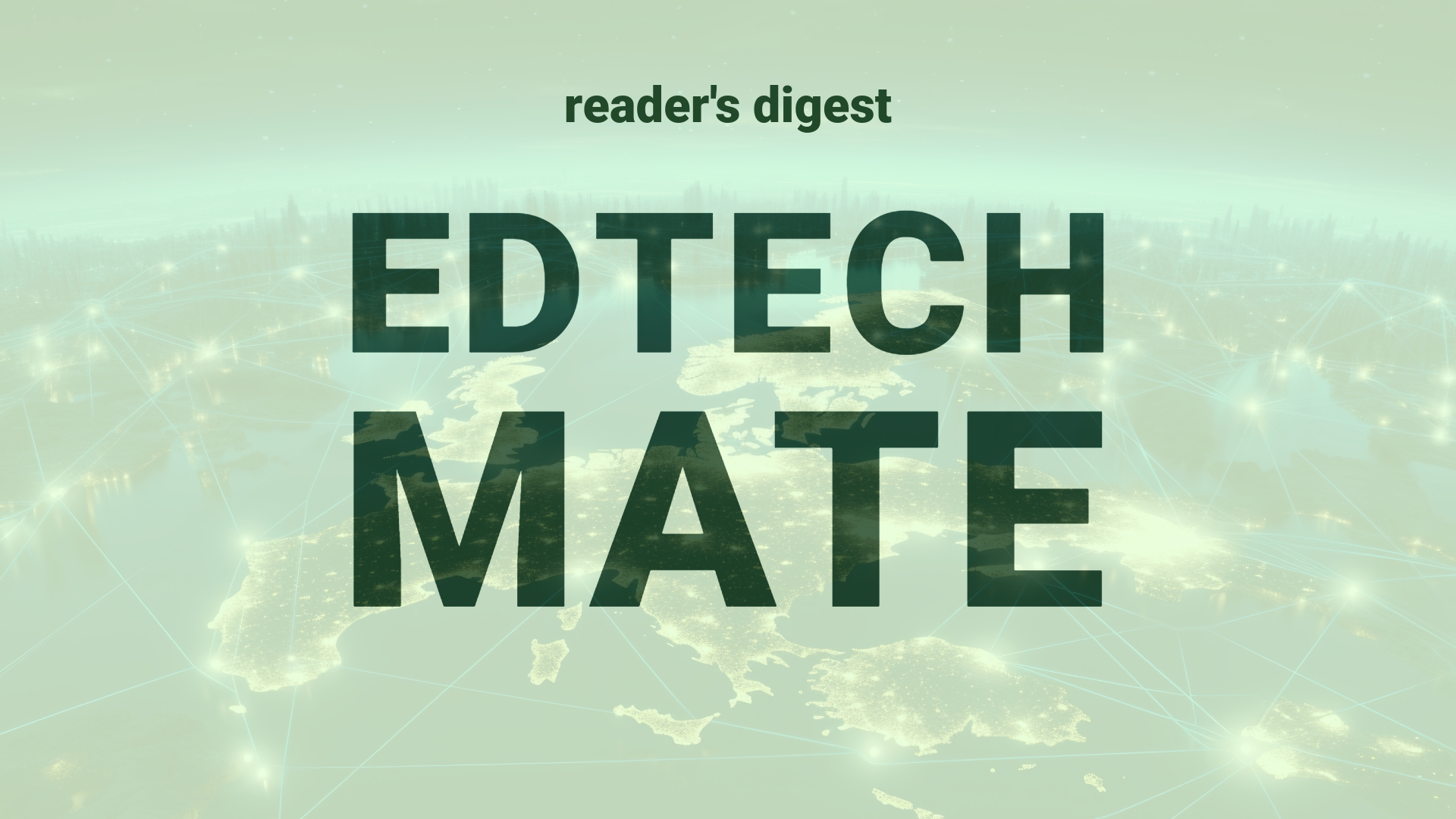Executive Summary and Main Points
Recent developments in the digital sphere have seen the U.K.’s Competition and Markets Authority (CMA) clear Microsoft’s artificial intelligence partnership with French AI firm Mistral. This follows an investigation into whether the deal posed regulatory concerns as a merger under the Enterprise Act 2002. The CMA has decided the arrangement does not warrant an inquiry in this context. Microsoft’s partnership includes a fractional investment, granting it a minority stake in Mistral, which, in turn, will integrate its large language models into Microsoft’s Azure cloud platform. Concurrently, similar deals involving U.S. tech giants and AI startups, such as Amazon’s agreement with Anthropic, are also under scrutiny to determine their classification as mergers.
Potential Impact in the Education Sector
The decision not only signals a green light for strategic partnerships between tech giants and burgeoning AI companies but also underscores the importance of investment in the AI economy. For the education sector, this opens up avenues for Further Education and Higher Education institutions to leverage AI via cloud-based solutions for enhancing teaching and personalized learning. The integration of advanced AI, like large language models, into cloud services may transform online learning platforms, making them more adaptive and responsive to student needs. Additionally, the prevalence of Micro-credentials and modular learning experiences could benefit from AI-driven personalization, ensuring a tailored approach to upskilling and lifelong education, facilitated through international collaborations and digital infrastructure.
Potential Applicability in the Education Sector
In light of the Microsoft and Mistral AI partnership, it’s conceivable that global education systems could adopt similar innovative applications involving AI and digital tools. For example, universities may integrate cloud-based AI to analyze student data and predict academic outcomes, offering more effective interventions and support. AI-enhanced curriculum design could result in more engaging content that adapts to various learning styles. Moreover, large language models may aid in research activities, from data mining to drafting academic papers, suggesting a potential for these models to become integral components in higher education and research institutions worldwide.
Criticism and Potential Shortfalls
Despite the optimism surrounding partnerships like that of Microsoft and Mistral, there are critical concerns and potential shortcomings to consider. One such issue is the potential for monopolistic behavior where tech giants could dominate the AI tools essential for education. Moreover, the ethical use of AI in education, including privacy considerations and data security, remains a point of contention. Comparative case studies might be drawn from different international contexts to determine how equitable access to AI-driven education is across diverse cultural landscapes. Ethical and cultural implications raise questions about bias in AI algorithms and the inclusivity of such technology in global education systems.
Actionable Recommendations
For international education leaders considering the implementation of AI and digital transformation, strategical insights include fostering partnerships with tech firms to access innovative AI tools. They should also advocate for transparent and ethical guidelines governing the use of AI in educational contexts. Furthermore, establishing comprehensive digital literacy curricula for students and educators is crucial to prepare them for an AI-integrated future. Lastly, higher education institutions must prioritize diversification and inclusion when deploying AI technologies, ensuring no student demographic is disadvantaged or marginalized by these advancements.
Source article: https://www.cnbc.com/2024/05/17/microsoft-mistral-partnership-avoids-merger-probe-by-uk-regulators.html

